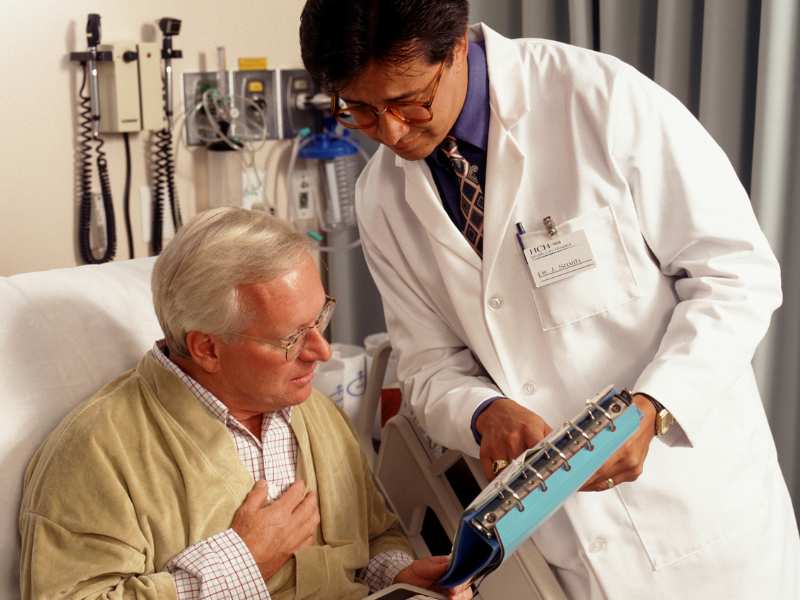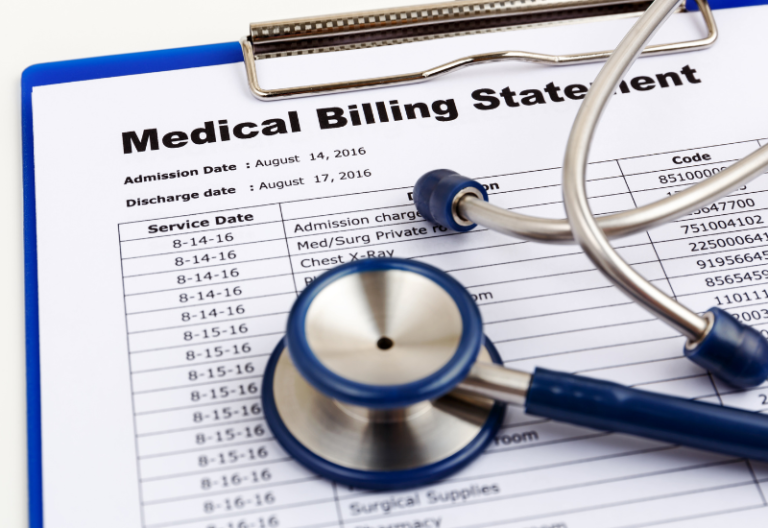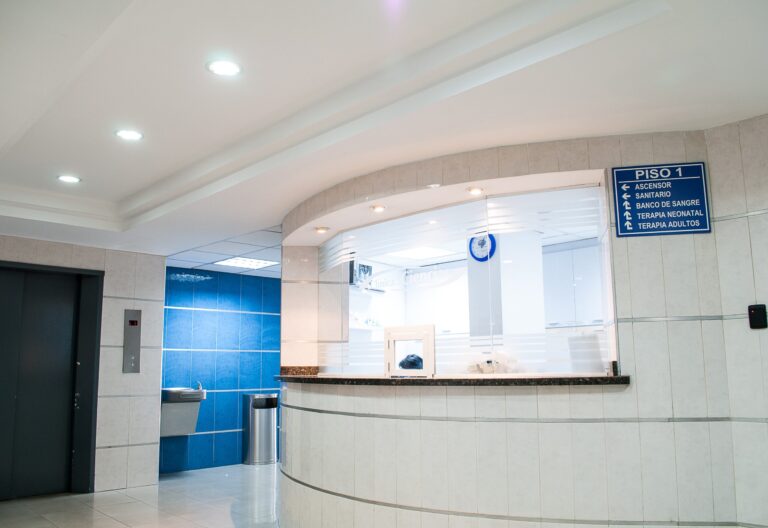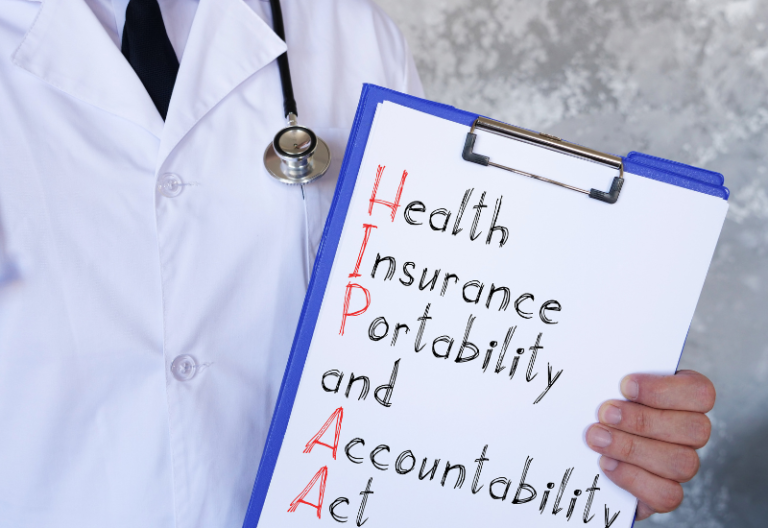HIPAA’s treatment exception is crucial for upholding healthcare standards. It allows the disclosure of protected health information (PHI) in specific treatment scenarios without patient authorization, helping facilitate a seamless and effective medical practice. However, maintaining confidentiality and ensuring superior healthcare delivery poses a significant challenge.
This post discusses the scope, benefits, challenges, and requirements of the HIPAA treatment exception.
Table of Contents

Application and Scope of the HIPAA Treatment Exception
Under the Health Insurance Portability and Accountability Act (HIPAA), the treatment exception allows healthcare professionals to share or disclose PHI (e.g., diagnoses, laboratory tests) with entities or other professionals involved in the patient’s treatment. Doing so is possible without obtaining the patient’s explicit authorization.
It empowers healthcare providers to collaborate and exchange relevant patient information with other professionals directly engaged in the patient’s well-being, including specialists, nurses, and doctors. Consequently, it fosters seamless coordination and treatment continuity, allowing healthcare teams to focus on delivering optimal care.
The treatment exception is a vital component of HIPAA that empowers healthcare professionals to make timely and well-informed decisions with minimal delays. Also, the HIPAA treatment exception involves individuals and entities like:
- Healthcare providers
- Nurses
- Pharmacies
- Laboratories
- and other significant entities involved in the patient’s treatment and care
The HIPAA treatment exception fosters seamless information exchange and makes all relevant details, like laboratory tests, readily available to anyone with direct involvement in the patient’s care. It helps healthcare professionals come up with accurate diagnoses while limiting the risk of treatment and procedure redundancies.

Considerations and Requirements for HIPAA Treatment Exception
While the treatment exception allows PHI disclosure under specific circumstances, there are still rules and considerations that healthcare providers must strictly adhere to.
The HIPAA Privacy Rule also states that covered entities and their associates should follow best practices regarding safeguarding protected health information during storage, transmission, and management. Healthcare facilities must also employ robust data protection measures, including encryption, access restrictions, and regular staff training, to ensure PHI confidentiality and prevent unauthorized access that could lead to a breach.
Healthcare practitioners must also take extra steps and exercise caution when disclosing sensitive or confidential health information. The treatment exception may not require explicit patient consent but doesn’t exempt covered entities from their legal and ethical responsibilities. Only disclose what is needed and relevant for treatment.

Educating Patients About the HIPAA Treatment Exception
Covered entities like healthcare facilities and medical professionals must educate patients about the HIPAA treatment exception and its importance. Besides ensuring trust, it helps patients understand their rights under the HIPAA Privacy Rule. It also promotes transparency, so patients are well aware of how their PHI will be collected, used, and disclosed.
Here are some reasons why it is essential to educate patients about PHI disclosures, particularly for treatment, and why doing so doesn’t require explicit consent:
- Patient awareness: When patients understand how their information will be disclosed, they can actively participate in decisions related to their care. It also helps ensure that their preferences and concerns are taken into account.
- Enhanced collaboration: Seamless sharing of PHI through collaboration helps improve treatment outcomes. Patients can expect that their healthcare providers will have access to all relevant information, leading to more informed decision-making and personalized care plans.
- Improved trust: Patients appreciate knowing that their healthcare professionals are committed to maintaining privacy while handling their sensitive health information.
- Reduced miscommunications: By proactively educating patients, healthcare providers can address any potential anxieties or questions patients may have about the disclosure of their sensitive health information.
- Legal and ethical obligations: Patients have the right to be informed about how their health information will be used and disclosed, including the actions they can take to protect their privacy.
Key Benefits of HIPAA Treatment Exceptions
The HIPAA treatment exemption holds several invaluable benefits. Some of these include:
- Enhanced collaboration and informed decision-making: The HIPAA treatment exemption enables medical professionals to comprehensively understand the patient’s medical history, treatment plans, and current health status. With this knowledge, they can collectively make well-informed decisions leading to improved outcomes.
- Efficient information flow and care coordination: Eliminating unnecessary holdups and obstacles in accessing PHI streamlines the information flow among medical specialists. This efficient exchange of information improves care coordination and reduces the risk of miscommunications and possible errors.
- Critical support in emergencies: The HIPAA treatment exception plays a vital role in emergencies by allowing authorized professionals to access and utilize the necessary medical data promptly. This immediate access can be a matter of life or death, enabling healthcare providers to deliver timely and appropriate treatments.
Through enhanced collaboration, informed decision-making, efficient information flow, and vital emergency support, healthcare providers can work together seamlessly to ensure patients receive the best possible care at the right time. By encouraging the secure and swift sharing of PHI, healthcare providers can improve coordination and provide better continuity of care.







